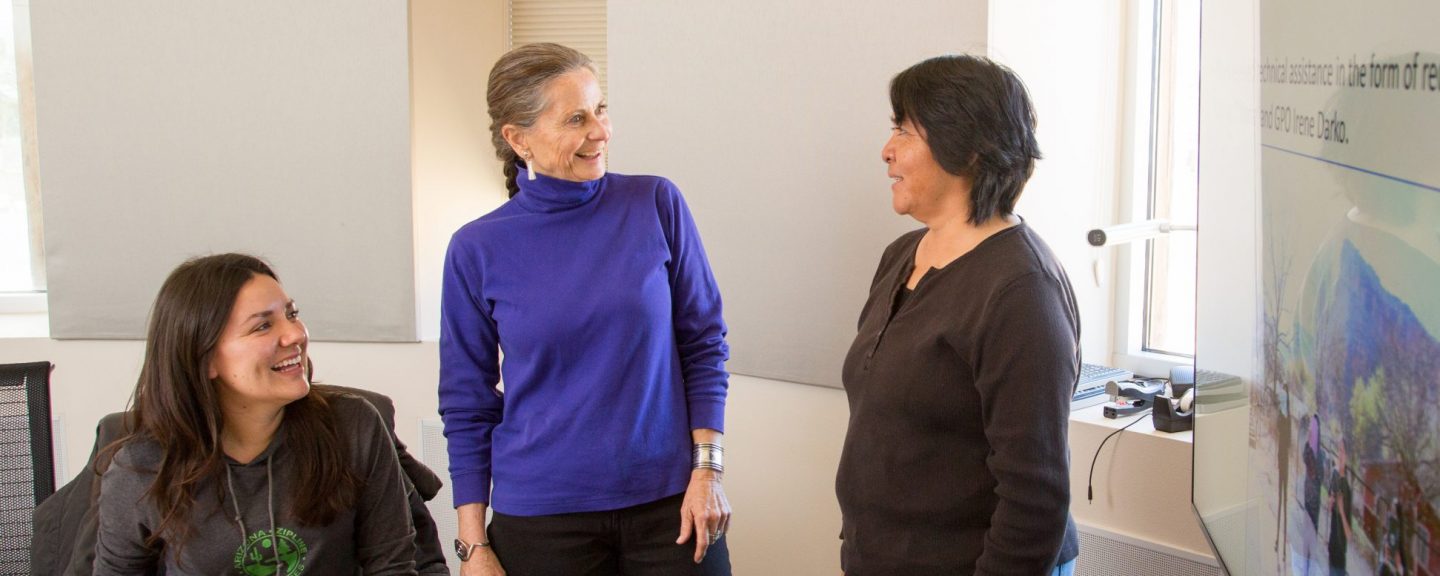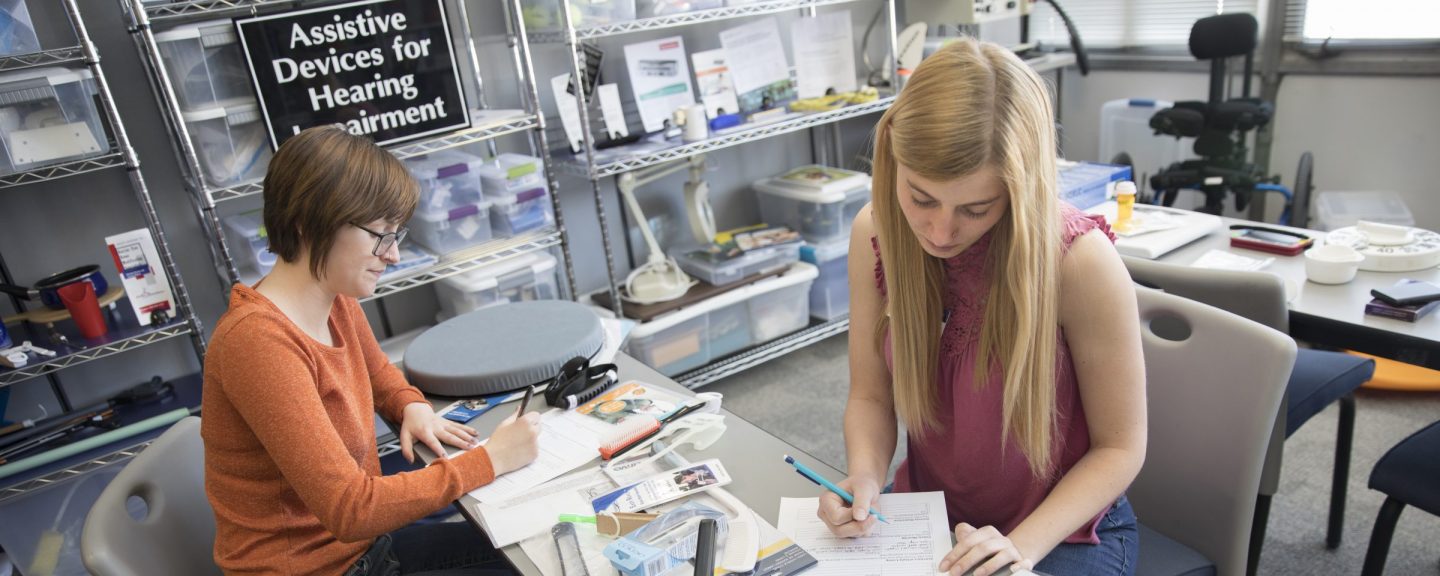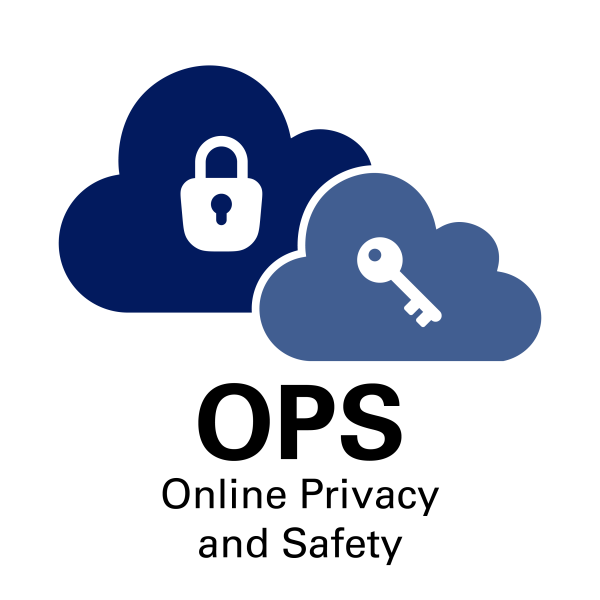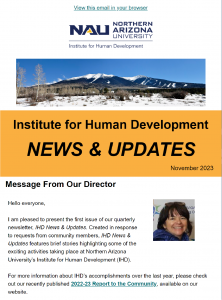Website Feedback Form
Institute for Human Development
Changing the way you experience the world
Access | Attitude | Inclusion
Our Work:
- Impacts people at all life stages – individually and socially
- Facilitates research and programming to inform change that positively impacts individuals with disabilities
Vision: People with disabilities fully participate in all life experiences.
Mission: Promote full inclusion by advancing attitudes that value persons with disabilities while enhancing access to all aspects of the human experience.
IHD fosters the development of attitudes that promote the increased inclusion of individuals with disabilities in their communities. Attitudes, as barriers to or facilitators of inclusion, go hand-in-hand with access. Access, commonly thought of as access to services and supports, has a much broader meaning: while services are essential for inclusion, access also refers to access to information, education, inclusive physical environments, community participation, friendships, and relationships. Conceptually, access and attitude have reciprocal roles in promoting or inhibiting inclusion.
Senator Tom Harkin
Explore our degrees
Upcoming Events
Northern Arizona Disability Resource Fair
An Event Focused on Disability Resources for People Living in Northern Arizona!
Date: Saturday, October 4, 2025
Time: 1:00 – 5:00 PM (AZT)
Location: High Country Conference Center
201 W. Butler Ave, Flagstaff, AZ 86001
Join us to learn about and connect with northern Arizona’s diverse disability community!
Meet individuals with disabilities of all ages, their families, caregivers, local service providers, and disability organizations.
Event Highlights:
- Over 30 exhibitors offering disability resources and supports
- FREE admission
- FREE parking
- Refreshments, entertainment, and door prizes
News and Articles of Interest
Record-Breaking Attendance at the 2025 IHD
Evidence for Success Disability Conference
Adi Schaeffer and Kyle W. Beam
The Institute for Human Development at Northern Arizona University hosted the 26th annual Evidence for Success Disability Conference from June 22–24, 2025, at Gila River Resorts and Casinos – Wild Horse Pass in Chandler, Arizona. While rooted in Arizona, the conference drew a diverse group of professionals, educators, advocates, families, and service providers from across the nation.
With record-breaking attendance, this year’s conference brought together over 600 participants for three days of dynamic programming. Featuring 64 educational sessions and over 50 exhibitors, the event offered many opportunities for learning, networking, and professional development. Content strands covered a wide range of topics, including disability-inclusive artificial intelligence (AI), assistive technology, American Indian/Alaska Native vocational rehabilitation, and disability policy and advocacy.
Participants praised the conference for its high-quality, focused sessions, the variety of topics tailored to different interests and professions, and the overall positive atmosphere. Attendees singled out the engaging keynote speakers and the impressive display of assistive technology from vendors, noting the wealth of possibilities it presented. Reflecting this positive experience, 97.8% of survey respondents reported being either highly satisfied or satisfied with the event overall.
Read More About the 2025 Conference
Empowering Access: The ATLAS Project’s Impact on Student Success Through Assistive Technology
Sakénya McDonald and Kyle W. Beam
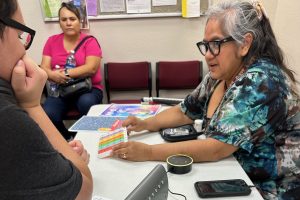
What happens when students with disabilities gain access to cutting-edge assistive technology?
When “SPV” first received a Livescribe Echo Pen from their campus disability resource office, they were eager to discover how this new tool, which syncs written notes with audio recordings, might support their academic journey. However, outdated hardware, a complex setup process, and compatibility issues posed barriers to its use. With guidance from an assistive technology specialist (ATS) through the Advancing Assistive Technology for Learning and Accessibility in Higher Education for Students with Intellectual and Developmental Disabilities (ATLAS) Project, SPV overcame these challenges. They launched the Livescribe app, explored its features, and began integrating the pen into their daily academic routine. SPV not only gained confidence in using assistive technology (AT) but also developed valuable digital literacy and self-advocacy skills.
The ATLAS Project was funded by a two-year award from the Arizona Developmental Disabilities Planning Council. Before the project’s conclusion on June 30, 2025, ATLAS staff supported students with intellectual and developmental disabilities (I/DD) in navigating postsecondary education through the effective use of AT. This includes a wide range of tools, both high-tech and low-tech, that assist with learning, communication, organization, and daily tasks. By promoting AT awareness and use, the ATLAS Project was designed to enhance academic performance, foster self-determination, and ultimately build long-term independence among students.
PATHS Project Expands Support for Parents with Intellectual Disabilities
Nicole Rambeau and Kyle W. Beam
The Institute for Human Development continues to enhance support for individuals with disabilities through its innovative project, Providing Accessible Training and Home Support (PATHS) for Parents with Intellectual Disabilities. Funded by the Arizona Developmental Disabilities Planning Council, the PATHS Project seeks to increase access to high-quality parenting support for Arizona parents with intellectual disabilities (ID) who are raising children up to five years of age.
Approximately 4.1 million parents in the United States have a disability, with 1.6 million having a cognitive disability. To address the unique needs of these parents and their families, PATHS staff collaborate closely with home visiting programs across Arizona that provide parenting education and child development support through regular home visits by trained professionals.
Online Privacy and Safety Project Advances Digital Safety for Arizona’s Disability Community
John McDermott, Jade Metzger-Riftkin, and Kyle W. Beam
Digital threats are a growing reality for Arizonans. According to the Federal Trade Commission, nearly 55,000 fraud reports were filed in the state last year, resulting in over $1.8 million in losses. At the same time, the Pew Research Center has noted increasing rates of online harassment, including stalking, threats, and targeted embarrassment.
Digital tools are essential to modern life, and the ability to recognize and respond to online risks is critical for everyone. This need is especially urgent for people with disabilities, who often face additional vulnerabilities and limited access to digital safety education.
Funded by the Arizona Developmental Disabilities Planning Council, the Institute for Human Development’s Online Privacy and Safety (OPS) Project addresses this gap by equipping individuals with disabilities and their support networks to navigate the internet with confidence. Since its launch in September 2024, the OPS team has offered 14 digital safety workshops in partnership with five disability organizations, reaching more than 50 participants.
Fueling Growth: Vital Projects Fund Supports IHD’s Minor in Disability Studies
John Schaffer and Kyle W. Beam
Support from the Vital Projects Fund has played a pivotal role in expanding the reach and impact of the Minor in Disability Studies (DS) program at Northern Arizona University’s Institute for Human Development (NAU-IHD). Now in its third year, this funding has advanced IHD’s mission to promote full inclusion by reshaping public attitudes toward disability, fostering authentic representation, and providing students with meaningful opportunities for community engagement.
NAU’s DS minor program is one of the few of its kind in the nation, placing it at the forefront of academic and cultural change around disability. While the minor has been offered by the university since 2008, the initiatives made possible by the Vital Projects Fund have significantly deepened its influence across campus and in the broader community.
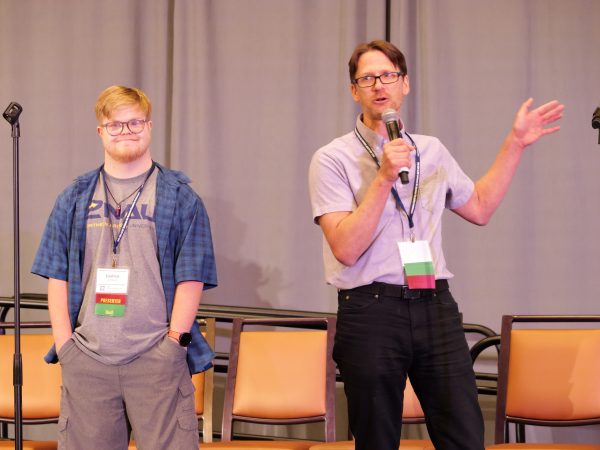
One of the most visible impacts of the fund has been the formal hiring of Justice Armfield, a young man with Down syndrome, as a co-instructor for DIS 201: Introduction to Disability Studies. Armfield, who began as a guest teacher through a high school transition program, now co-teaches the course alongside longtime faculty. His participation embodies the core principle of disability studies, “Nothing about us without us.” NAU is one of the only universities in the country to include a person with Down syndrome in a teaching role, offering students a powerful model of lived experience and inclusion.
Read More About the Vital Projects Fund
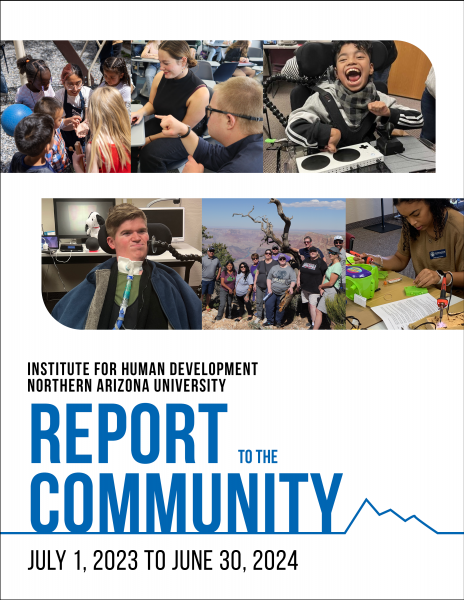 IHD’s 2023-2024 Report to the Community
Click to read IHD’s 2023-2024 Report to the Community annual report.
IHD’s 2023-2024 Report to the Community
Click to read IHD’s 2023-2024 Report to the Community annual report.
Click here to see past editions of the Institute for Human Development’s News and Updates
Parents, family members, or professionals in the field, do you need information on an AAC Evaluation? Go to the NAU AAC Evaluation Page for program and contact information.
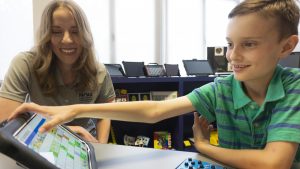
Institute for Human Development PSA
AUCD: Growing Leaders, Driving Change
This website is supported by the Administration for Community Living (ACL), U.S. Department of Health and Human Services (HHS) as part of a financial assistance award totaling $673,700 with 100 percent funding by ACL/HHS. The contents are those of the author(s) and do not necessarily represent the official views of, nor an endorsement by, ACL/HHS or the U.S. Government.
